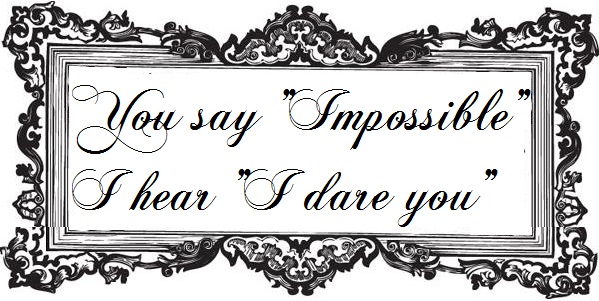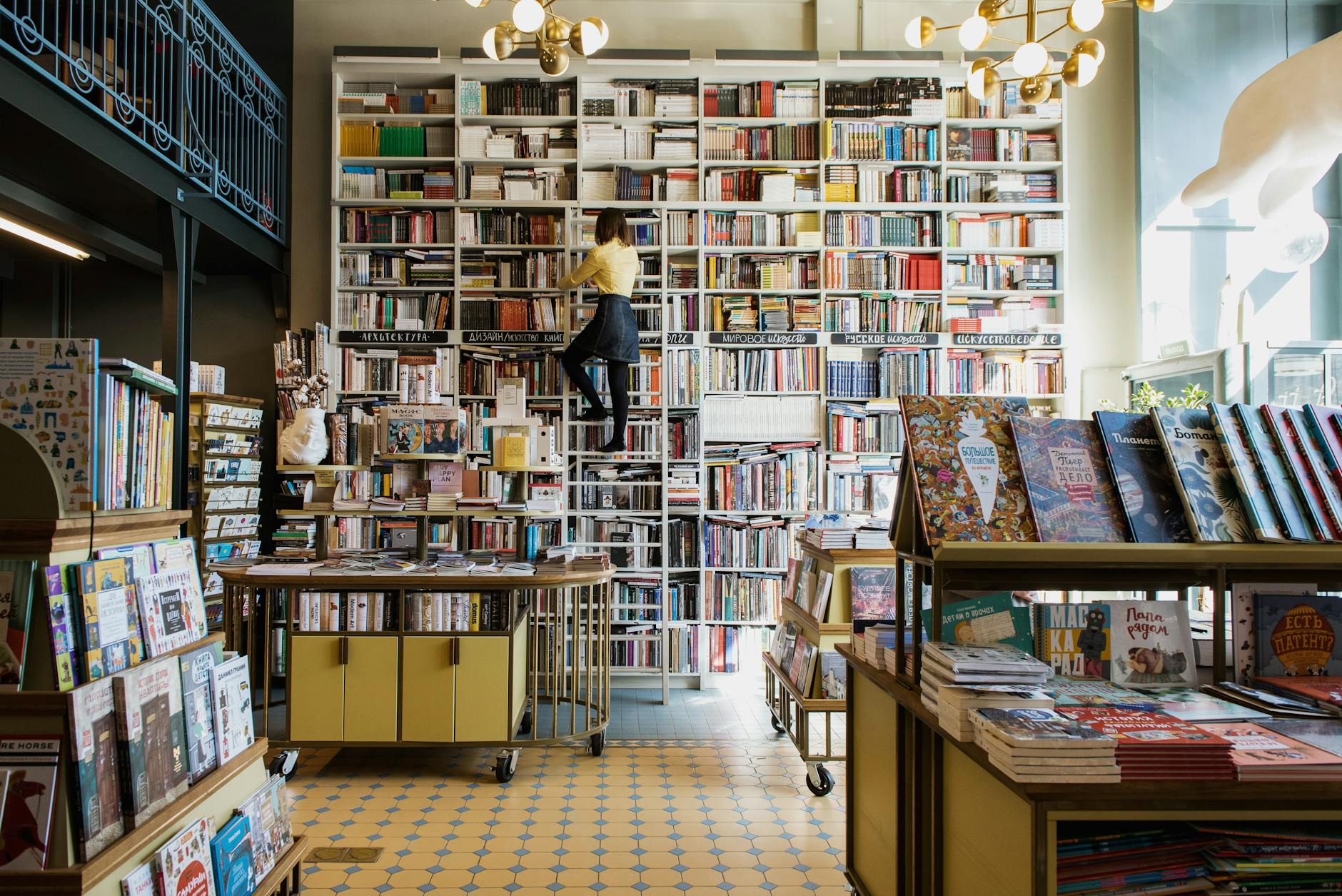It is the study of the stories that move us that allows us to reflect on who we are as people and as a society.
No matter how trivial the story, studying it gives us insight on ourselves as human beings.
Dissecting children's books helps us understand what we taught children, what those children took away from those teachings, what they needed, what they dreamt of, and maybe, just maybe it helps us understand their experiences, traumas and hopes.
Studying Media, any media, gives us the opportunity to empathize with others and to understand their needs and aspirations.
I am not saying that everything has the same value. I am saying that everything HAS value.
Why do people enjoy following the lives of the Kardashians? Well, that's an excellent question! Why?
Do they need to forget about the triviality of their own lives? Do they want to experience, by proxy, how it feels to be rich? Do they want to focus on somebody else's superficial problems rather than contemplate the meaning of their own life? Or the lack of meaning, and therefore cripplingly terrifying vacuity of their existence?
Do they feel disconnected from other media? If so why? Do they feel unworthy of other kinds of media? If so, why? Do they reject other media? If so why?
Studying media is always interesting.
Every book started as "just a book" and it is only what people read in the book and took away from it that made it into a classics or doomed it to oblivion.
Refusing to acknowledge the value of a media on the premise that it is too recent or too easily accessible is just the manifestation of the fear to be outdated. [source]
Once again. I am not saying that all media have the same value. I am saying that all media HAVE value, and subsequently that this value should not be lightly dismissed.
I am saying that STUDYING media, no matter its value, is important and has something to teach us.
Why is everyone making such a fuss about Harry Potter?
Because it is the closest thing its readers had of a universal experience.
A whole generation of children grew up reading those books.
This series, no matter how superficially or how deeply, influenced its readers. It influenced what traits the children reading it, associated with heroism, it influenced who those children looked up to, it influenced what values those children came to cherish, it influenced their perception of the world.
And the fact that they are Children books is crucially important because it influenced their readers at the moment where they shape who they are and who they want to be.
It doesn't matter that they were not "big books", or "smart books" or even "good books". What matters is that they echoed with their readers. They moved the readers.
Maybe they didn't do much: maybe they just provided a nice story to spend the afternoon on.
or maybe they did a little more: maybe they provided a nice break when reality was tough.
or maybe they did even more: They gave children who felt excluded or lonely something to feel like they belonged. They gave the children something to talk about and to share.
or maybe they gave children a taste for more. More than just reality. A taste for reading. It's important, right?
or maybe they offered food for thoughts for the children who felt a little lost.
or maybe they offered role models to children who didn't know who they wanted to become.
Those are mediocre! It's just stories for children.
The stories we tell children today are the stories that will shape tomorrow's society. That's the point of education. That's the power of education.
What do people find in those books?
They found something. A little something or a big something. Not the same something for everyone.
And this is what matters.
Not the quality of the writing,
Not the "literary value"(whatever that is).
But that it brought SOMETHING to the readers.
I know it did.
It was a story that allowed children to dream and play and imagine things.
It told children that being a good student is GOOD, even though it is difficult.
It told girls that they were allowed to be heroines alongside boys. It told girls that they were allowed to shine. Allowed to be loud and bright and not always ladylike and not always nice or kind.
It taught children about poverty. That children are not responsible for the poverty they grow up in. That poverty shapes the people who grow up poor, that nobody should ever use poverty as a lever for shame.
It taught children that small acts of kindness or of bravery matter.
It taught children that no, adults are not always right. That adults can't always be relied on. That adults can't always be trusted.
It taught me, personally, the me that you know, that you talk to, that you sat across from, that there was more to life than what I was going through.
It taught me, that family can be toxic and that it is not okay.
It made me want to be smart, to know everything, to learn everything, to try everything.
You think I am smart and interesting? Thank Hermione for that.
It made me forget about the world when life was so fucking hard I wanted to end it. And Oh Boy I wanted to end it.
It gave me words for the pain and the ache of losing someone I loved.
It gave me role models.
It still does.
Today, as a grown up, as an adult, as a woman, it gives me role models. As a teacher I want to be like Remus Lupin. I want to captivate my students, help them learn and make it an enjoyable experience. I want my students to remember my classes fondly. My teachers did not provide that for me. School was hell. Remus Lupin provided that for me.
I want to be like Minerva McGonagall. I want to inspire respect because I am strict but fair. Because I want the best not just of my students but for my students.
Those books matter because they told me that being rejected by my family for who I am and what I am would not be the end of me.
It helped because my dad was violent. It helped me because I grew up in a loving but utterly dysfunctional family.
It helped me when I came out as a lesbian. Which I am. Even today. It helped me hold my ground when my father, the man who had carried me on his shoulders, the man who had made me dive in the sea, the man who loves roller-coasters as much as I do but who has a drinking problem, who had a severe anger problem, the man who slapped me countless times, the man who had broken both my wrists once because I had lost a glove, the man whom I love but grew up terrified of, yelled at me. Yelled obscenities. Yelled that no, Me, his daughter would not be a lesbian. That he hadn't done anything wrong. That he would not allow that.
Me, 16 years old, 1,72m and 38kilos, I stood my ground.
I had grown up reading about children who saved the world, who were afraid but did what they had to nonetheless.
Studying Harry Potter then, later, as an adult, allowed me to become more aware of all this, more aware of how those books had impacted, me and everybody else, though differently.
It allowed me to question my perception of motherhood and to evaluate what expectations I had of being an adult woman, because it allowed me time and an opportunity to ask myself: " Is Harry Potter a feminist series" and to look for arguments.
It allowed me to understand why my generation seems to be so wary of politicians and so distrustful of the government and politics. We did grow up learning that adults could not be trusted and that it's not because an institution says something that we shouldn't question it.
We didn't learn it from 1984, because though it is a classic, it is also absolutely boring and not accessible to young children. We learnt it with Harry Potter, with His Dark Material, with Divergent, with the Hunger Games.
The millenials, no matter how flowed generational separations are, grew up at a moment where children's literature was all about questioning power and fighting oppression.
And don't get me started about the next generation. They've been fed with more diversity in the media they had access to, than anyone before, so much so that today, they teach me about which direction society could take.
Saying that a book is not worthy of the attention people give it or of being studied
Is willfully deciding not to empathize with other human beings.
It is deciding that their experience is not worth understanding.
It is saying that they, their lives and existences are not worthy of being acknowledged.
This got Trump elected.
This is the conscious alienation of a population on the basis that "they are not worth it."
This is cold.
This is sad.
And somehow, this is wrong.
Refusing to empathize with others? To understand them?
I cannot, for the life of me, accept that.
Understanding brings knowledge and peace.
That's what I grew up to believe.
And I grew up to believe that because of all the things that shaped me. Harry Potter is one of them.
I could be richer.
I could have a brilliant career in Marketing, make tons of money.
I know I can: I am good at it. It's easy.
But I grew up to be someone for whom money and ease were not as valuable as the impact I have on other people's lives.
I want to make a difference.
And this comes, at least in part, from reading Harry Potter and later studying it.
And I am not the only one.

